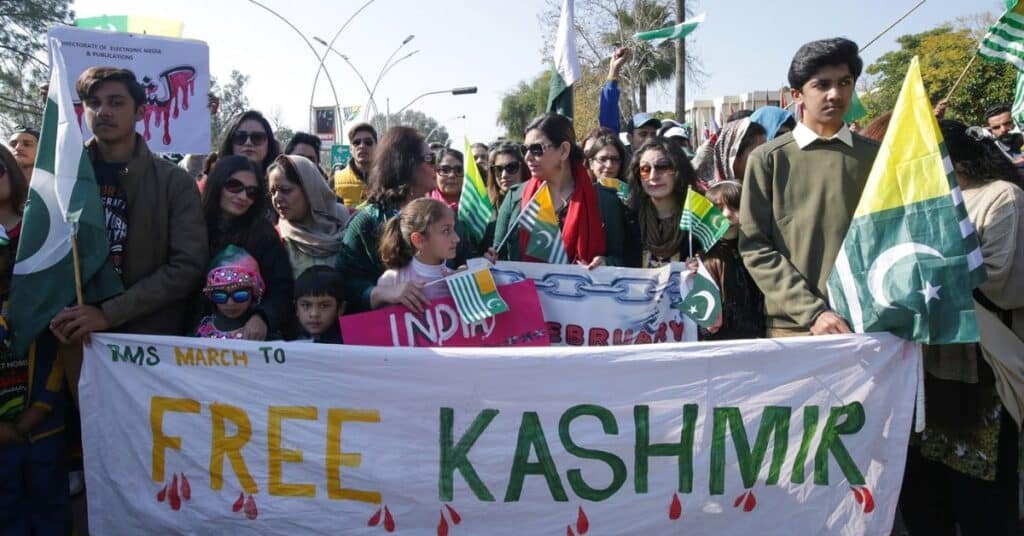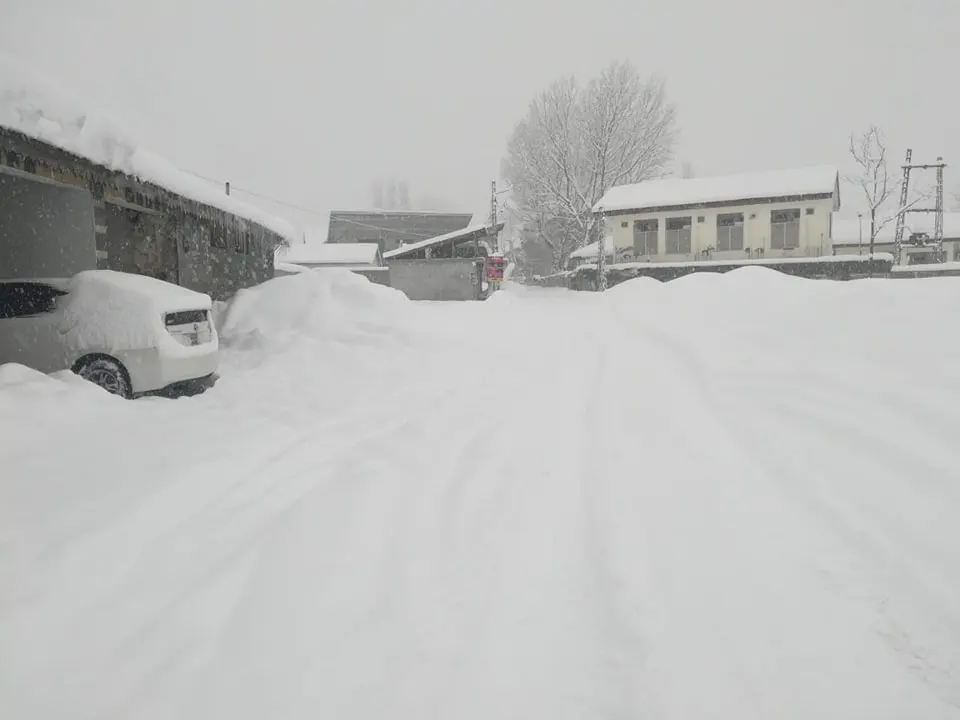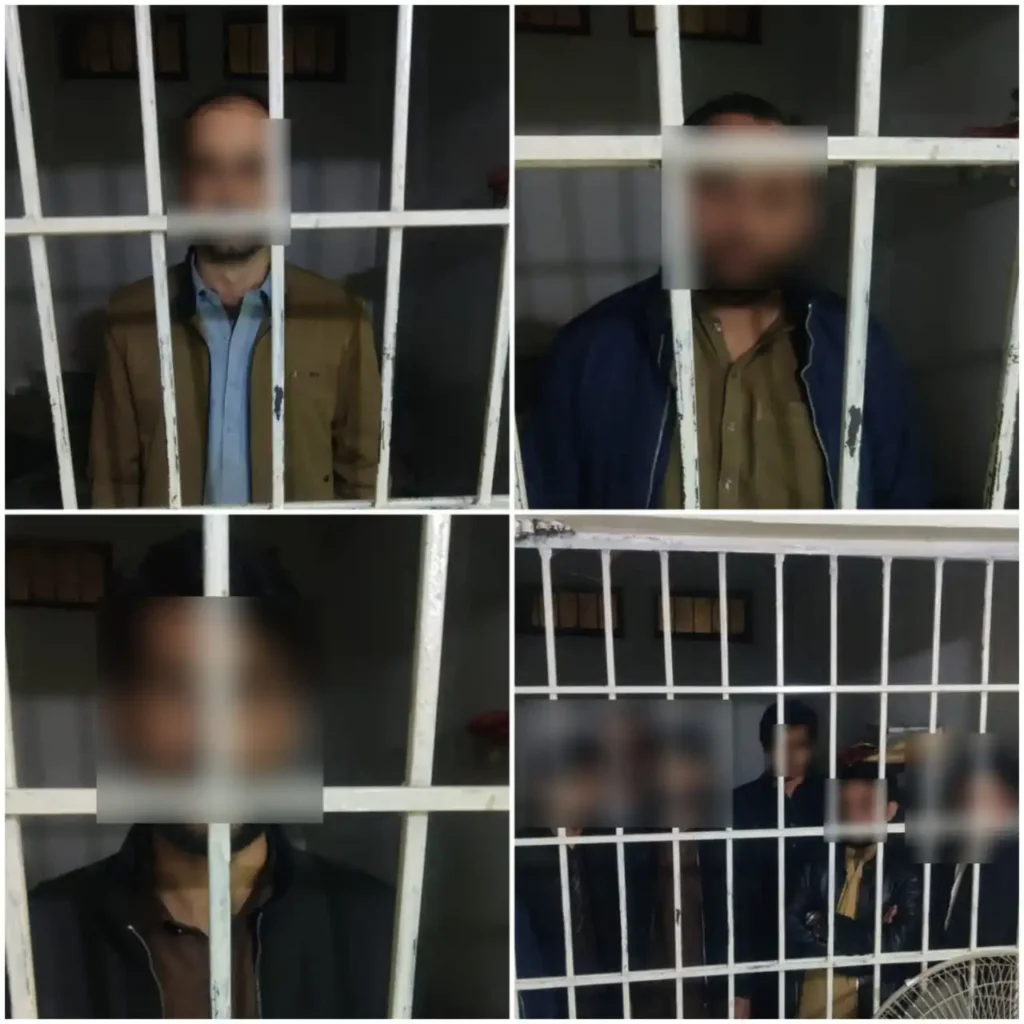PESHAWAR: Aimal Wali Khan, the central president of the Awami National Party (ANP), has accused the government of enabling terrorism by supporting individuals he claims are facilitators of militant groups.
In a strongly worded statement, Khan alleged that leaders in the province have released 102 high-profile terrorists from prisons and overseen the rehabilitation of 10,000 fighters, actions he says have emboldened extremist elements.
Khan stated that his party has been warning about the resurgence of organized terrorism for the past five years. “We have even filed a writ in the Peshawar High Court against those involved in rehabilitating terrorists, but no one has listened to us,” he said. He expressed frustration over the lack of action from authorities, despite repeated appeals.
Also read: PM Shehbaz, ANP’s Aimal Wali Khan discuss security situation of KP, Balochistan
The ANP leader also condemned the recent wave of violence targeting mosques, police, and civilians. “Till yesterday, police, forces, and the public were being targeted. Now, this fire has reached mosques,” Khan said. “Terrorists have no religion; they are enemies of humanity.”
Khan highlighted the attacks on prominent religious scholars, including Mufti Munir Shakir, Maulana Abdullah Nadeem, and Maulana Hamidul Haq Haqqani, who were targeted inside mosques. He noted that six separate attacks occurred in a single day, questioning whether the federal or provincial governments would take responsibility. “Both governments seem to prioritize their positions over public safety,” he added.
The ANP president urged immediate action against terrorist facilitators, emphasizing the need to distinguish between “good and bad” actors. “There is still time to act, but we cannot tolerate these wars anymore,” he said.
Khan’s statements come amid rising concerns over security in Khyber Pakhtunkhwa, where terrorist activities have escalated in recent months. His call for accountability and decisive action reflects growing public frustration over the government’s handling of the crisis.





